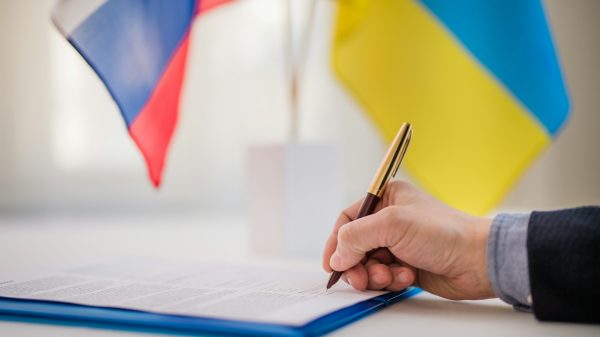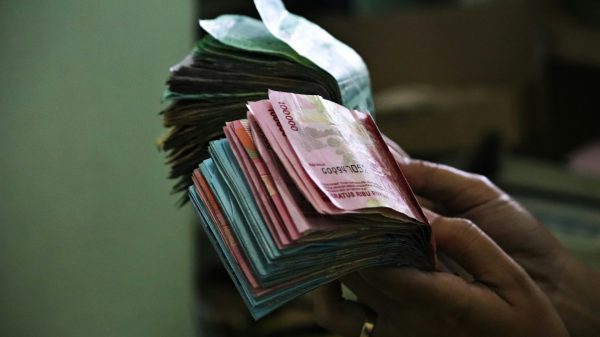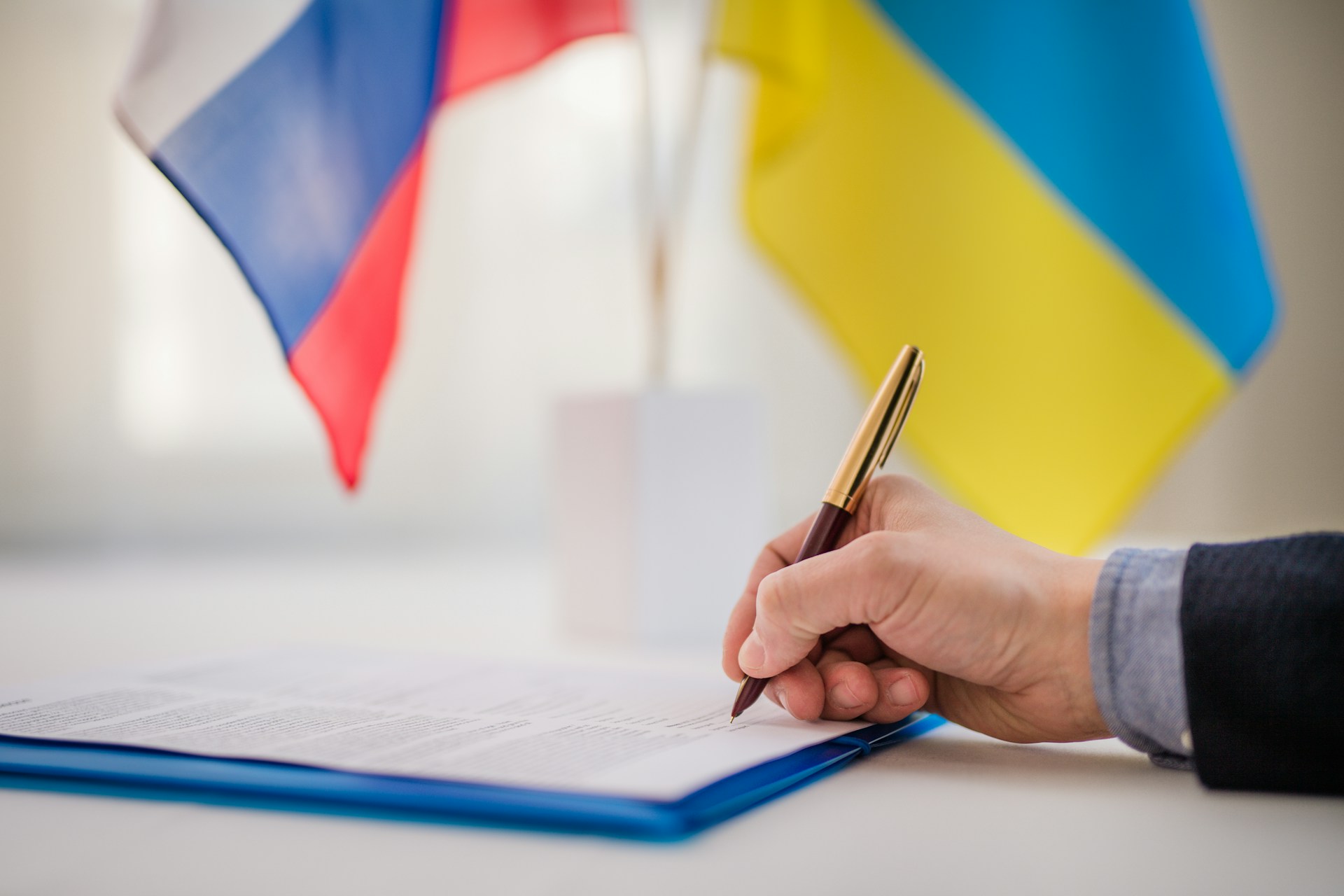European Commission President Ursula von der Leyen recently announced that the European Union’s 19th sanctions package against Russia will be unveiled in early September. However, a little-noticed provision buried in the 18th package risks unleashing a torrent of legal chaos, potentially weakening Europe’s sanctions wall and even diverting European taxpayer money into the pockets of those helping fund the war, writes Valérie Hanoun, a lawyer at the Paris Bar.
The clause in question prohibits the recognition and enforcement in the EU of any investment arbitration awards in favour of Russian companies against member states, and even forbids governments from participating in such proceedings if sanctioned entities are involved.
This was meant as a shield — to prevent sanctioned Russian businesses and oligarchs from using international arbitration to reclaim assets seized under EU sanctions. But in practice, the measure could backfire, violating binding treaty obligations and opening the door to costly investor claims. That would be a strategic gift to Moscow. Every euro lost in unnecessary legal payouts is a euro that could have been spent supporting Ukraine’s reconstruction, bolstering its defence or assisting EU economies adapting to the costs of the war effort.
At its core, the issue stems from the web of bilateral investment treaties (BITs) binding the EU and Russia. More than 15 such pacts exist, many inherited from the Soviet period, with signatories including Austria, Belgium, Germany, Spain, Luxembourg, the Netherlands, France, and Finland, plus post-1991 additions. These treaties safeguard investments and grant investors the right to international arbitration for disputes.
By ordering member states to ignore these obligations when Russian investors are involved, Brussels risks breaching the Vienna Convention’s principle that treaties must be honoured – pacta sunt servanda – as well as the New York Convention’s requirement to enforce foreign arbitral awards except in narrowly defined cases.
For Russia, this creates a legal opening: sanctioned companies could argue that the EU’s blanket refusal to recognize awards amounts to an unlawful denial of justice, making their cases in arbitration stronger, not weaker.
The fallout is already brewing in ongoing cases. Take Nordgold’s €5 billion suit against France: the mining firm, tied to sanctioned oligarch Alexei Mordashov, alleges wrongful denial of a mining license extension in French Guiana. Then there’s Rosatom’s €3 billion claim against Finland after the cancellation of the Hanhikivi-1 nuclear project contract. Rosneft is pursuing up to €2 billion from Germany over the trusteeship of its subsidiaries. Mikhail Fridman also has a claim against Luxembourg, challenging asset freezes and other restrictive measures imposed under EU sanctions, with the dispute valued in billions of euros. These disputes are merely the vanguard; unsanctioned Russian investors might now pile on, arguing that the EU’s outright refusal to honour awards constitutes additional grounds for damages.
Legally, the EU’s stance collides with bedrock principles. It undermines BITs’ enforceability and denies access to justice under instruments like the International Covenant on Civil and Political Rights. Moreover, EU sanctions lack the universal authority of UN Security Council measures, so they can’t legally justify expropriations or investor rights curbs.
A chilling precedent underscores the peril: in the Bank Melli and Bank Saderat case against the Kingdom of Bahrain, Iranian banks won compensation of over $240 million after Bahrain liquidated their joint venture to align with EU and US sanctions. The tribunal ruled that Bahrain’s moves as politically driven expropriation, emphasizing that non-UN sanctions don’t excuse treaty violations. If Bahrain faced liability for following Western sanctions, EU states could fare no better against Russian claimants.
The financial toll could be astronomical. Successful arbitrations might not only recoup lost investments and profits but also impose “aggravated damages” for the EU’s retaliatory posture, potentially ballooning payouts to hundreds of billions, eclipsing budgets of smaller member states.
But beyond the euros, the reputational hit is profound. Blanket denials of arbitration risk portraying the EU as selective about when the rule of law applies — a narrative Russia is eager to push in Africa, Asia and Latin America to undermine the sanctions coalition. This could erode Europe’s allure as a secure investment hub, deterring global capital at a time when the bloc needs it most.
Politically, the clause is a blunder. Effective sanctions must be lawful and sustainable; ones that spawn legal backlash and erode credibility do the opposite. In attempting to barricade arbitration doors against Russians, the EU may have fortified their cases, as tribunals frown on blanket denials of due process without case-by-case scrutiny.
Sanctions are instruments of strategy, not ends in themselves. They thrive when bolstering the legal framework Europe champions, not when chipping away at it. If the 18th package tips into overreach, it could ironically funnel billions from European coffers to Russian-linked entities via arbitration victories. To retain the moral and strategic edge, the EU must ensure its Russia policy doesn’t boomerang into self-inflicted wounds.














































